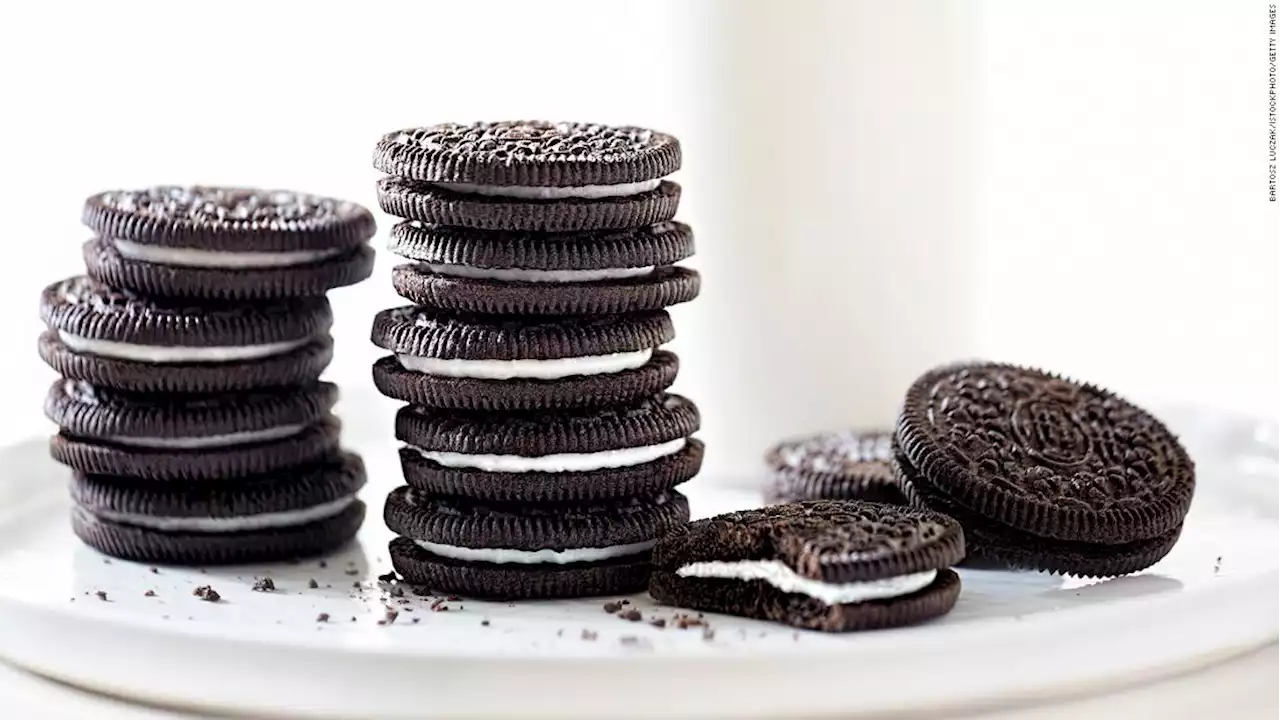Crystal Owens and researchers at the Massachusetts Institute of Technology set out to answer a question long on all cookie\u002Deaters\u0027 minds
: “When I was little, I tried twisting wafers to split the cream evenly between wafers so there’s some on both halves — which in my opinion tastes much better than having one wafer with a lot of cream and one with almost none.”
“Scientifically, sandwich cookies present a paradigmatic model of parallel plate rheometry in which a fluid sample, the cream, is held between two parallel plates, the wafers,” the study says. “When the wafers are counter-rotated, the cream deforms, flows, and ultimately fractures, leading to separation of the cookie into two pieces.”
Even after the team devised an Oreometer — a device designed to split the cookie with a precise amount of torque — to counter the inevitability of human force distortion, the creme almost always did as it was wont to do. Some exceptions occurred due to “stochastic asperities” on the second wafer. To you and me, that’s random probability.
modelling the texture of starch thickeners for sauces, and informing the choice of sweeteners used in low-calorie chocolate, among other items.
France Dernières Nouvelles, France Actualités
Similar News:Vous pouvez également lire des articles d'actualité similaires à celui-ci que nous avons collectés auprès d'autres sources d'information.
 MIT scientists reveal why it's hard to evenly split Oreo filling between two halves | EngadgetMIT scientists reveal why it's hard to evenly split Oreo filling between two halves
MIT scientists reveal why it's hard to evenly split Oreo filling between two halves | EngadgetMIT scientists reveal why it's hard to evenly split Oreo filling between two halves
Lire la suite »
 Do you split your Oreo? Researchers at MIT explain how to make the filling stick to one sideResearchers have asked the long-plaguing question: How do you make sure you get the Oreo just the way you want it every time?
Do you split your Oreo? Researchers at MIT explain how to make the filling stick to one sideResearchers have asked the long-plaguing question: How do you make sure you get the Oreo just the way you want it every time?
Lire la suite »
 MIT scientists reveal why it's hard to evenly split Oreo filling between two halves | EngadgetMIT scientists reveal why it's hard to evenly split Oreo filling between two halves
MIT scientists reveal why it's hard to evenly split Oreo filling between two halves | EngadgetMIT scientists reveal why it's hard to evenly split Oreo filling between two halves
Lire la suite »
